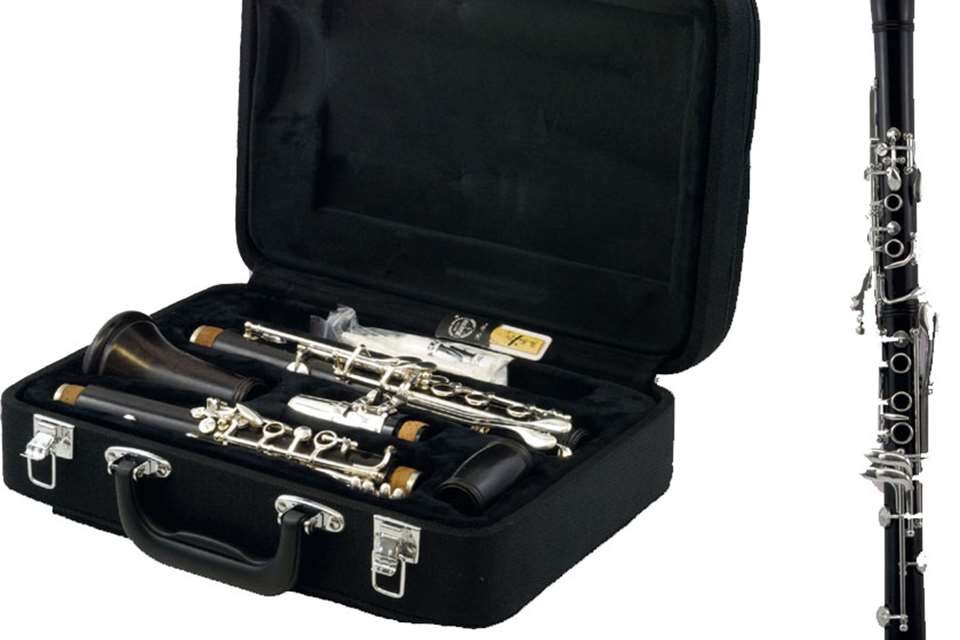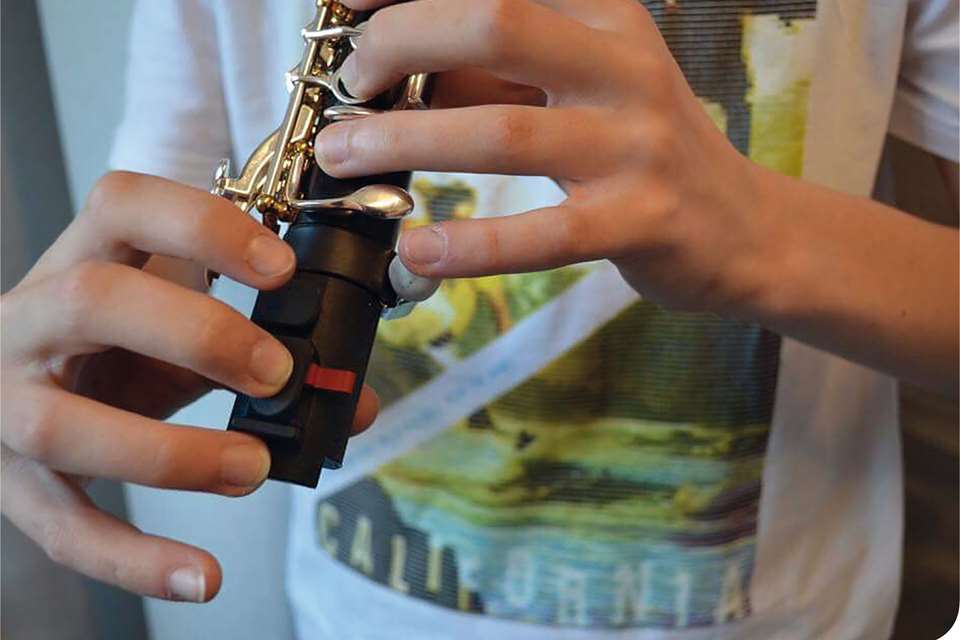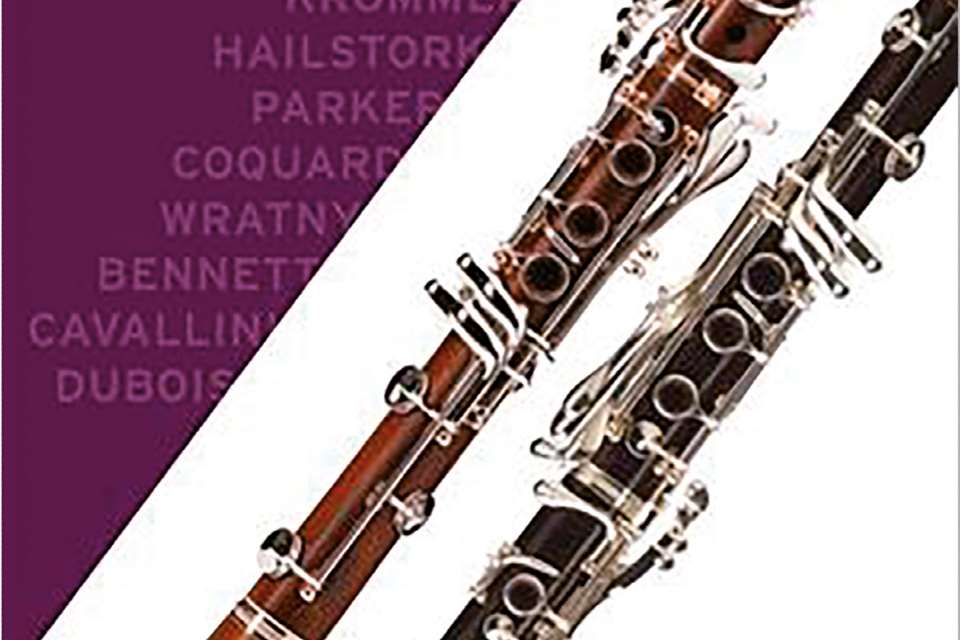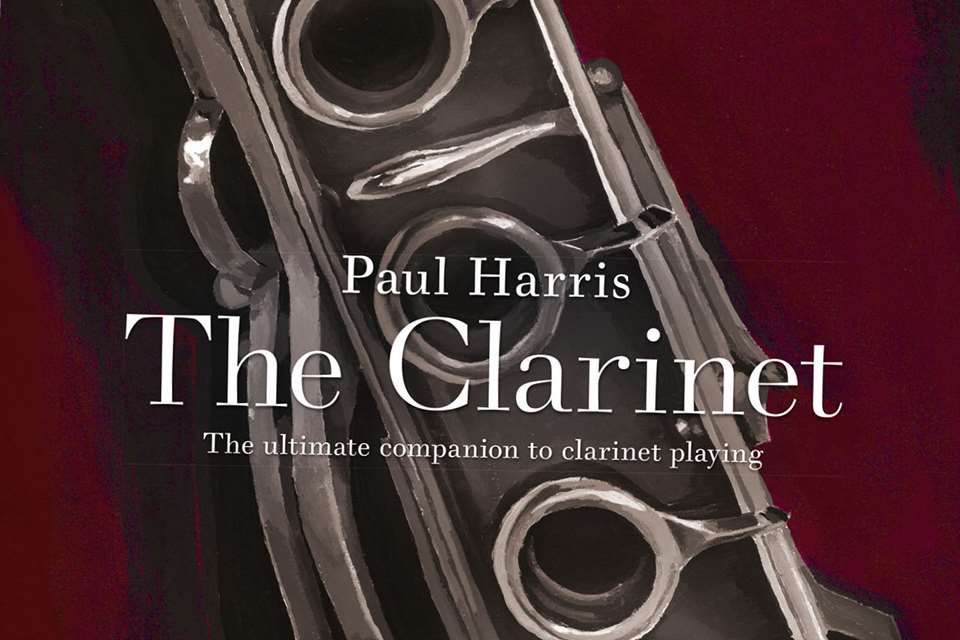Reviews: Leblanc Lcl211S Debut clarinet
Michael Pearce
Friday, December 1, 2023
Michael Pearce shares his thoughts on a student instrument from an historic brand.
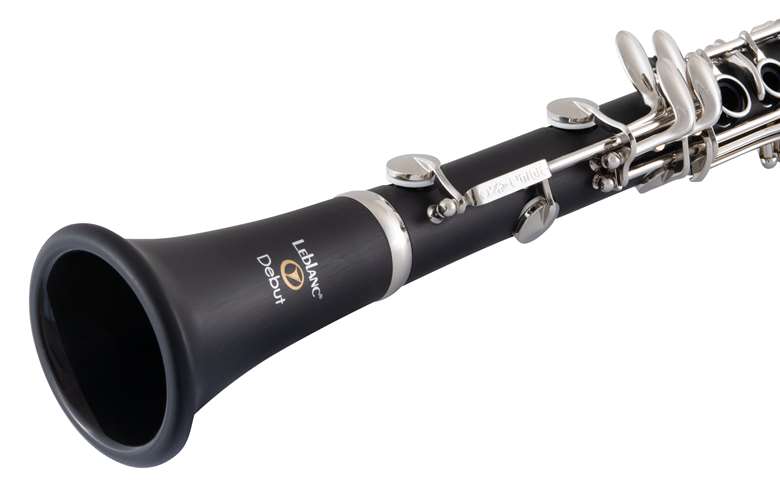
Leblanc's history dates back to 1750, when the Noblet company was founded in La Couture-Boussey, Normandy, to make woodwind instruments for the court of Louis XV. Several generations of the Noblet family ran the business until 1904, when, with no heir, it passed to Georges Leblanc, who was himself the descendant of an illustrious family of woodwind makers. The next milestone is 1946, when Georges Leblanc's son, Léon, founded Leblanc USA with Vito Pascucci, a former repair technician for Glenn Miller's Army Air Force Band. This ultimately divided Leblanc's manufacturing between France and the US, with the latter focusing on the production of student models, including the popular Vito line of winds and brass. Sadly, the whole company struggled towards the end of the 20th century, and it was sold to Conn Selmer (not to be confused with Selmer Paris, a different company entirely) in 2004.
At this point, the Leblanc brand all but disappeared from public view until 2009, when a collaboration with clarinet soloist Julian Bliss led to the launch of Bliss clarinets. Although these were technically Leblanc instruments, the association was barely acknowledged during the rebranding. But then, in 2017, the Leblanc name re-emerged front and centre with the launch of a new intermediate clarinet: the Leblanc Serenade. Two more Leblanc-branded clarinets followed: the Spirito, marketed as a premium student instrument, and the Debut, a cheaper starter offering.
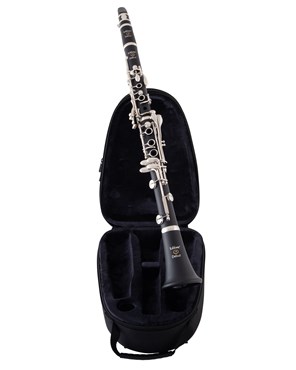 The Debut clarinet comes in an egg-shaped backpack-style case, with a handy Velcro flap on the back to tuck away the straps quickly and easily when not used. The case's compact design means the storage pocket can't accommodate A4 sheet music (unless it's rolled up like a newspaper, which I have seen many students attempt with similar cases!), which is something that will concern some students and teachers more than others. However, what is more concerning is the minimal padding around the instrument inside the case, which is perhaps a design feature to keep weight (and production costs) down. Curiously, also, the top joint needs to be rotated slightly on its left side when in the case, so that the right-hand trill keys stick up. Alarm bells immediately started ringing as I envisaged young players clattering these keys when picking up other parts of the instrument or getting the chord of a pull-through or reed stuck in between the keys – both scenarios can mean costly repairs.
The Debut clarinet comes in an egg-shaped backpack-style case, with a handy Velcro flap on the back to tuck away the straps quickly and easily when not used. The case's compact design means the storage pocket can't accommodate A4 sheet music (unless it's rolled up like a newspaper, which I have seen many students attempt with similar cases!), which is something that will concern some students and teachers more than others. However, what is more concerning is the minimal padding around the instrument inside the case, which is perhaps a design feature to keep weight (and production costs) down. Curiously, also, the top joint needs to be rotated slightly on its left side when in the case, so that the right-hand trill keys stick up. Alarm bells immediately started ringing as I envisaged young players clattering these keys when picking up other parts of the instrument or getting the chord of a pull-through or reed stuck in between the keys – both scenarios can mean costly repairs.
The Debut sports a lightweight, Reso-Tone ABS body with a French bore design; steel springs; Valentino synthetic pads; ringless bell; and an adjustable thumb rest with neck strap ring. As soon as I picked up the instrument, I noticed the sturdiness of the keywork, which felt like one of the clarinet's best assets. The Debut features cold-forged silver-plated keywork and a low E reinforcement bar, which is sure to help safeguard against heavy-handed students bending keys or throwing out the regulation, which, again, could result in costly repairs. The clarinet is also supplied with a basic mouthpiece set-up and a cleaning cloth, but there is no cork grease.
When assessing beginner instruments, you are essentially looking for two things: whether it's easy to play (usually termed ‘free blowing’) and whether it's mechanically sound (i.e. it works). The Debut certainly ticks those boxes: it makes a nice warm sound, has excellent intonation, and deserves extra credit for its durable keywork. For me, however, there is one significant issue: the price. With an SRP of £449, the Debut sits at the same price point as the Buffet Prodige (which recently replaced the B12) and the Yamaha YCL255S, both widely regarded as the gold-standard of beginner clarinets. I think the Debut sits somewhere in between ultra-low-cost offerings, such as the John Packer JP121 at £184, and the market-leading Buffet and Yamaha, which would pitch the Debut around £315. This might be uneconomic for Leblanc; however, I do think it would be a more honest reflection and help to separate the instrument from the fierce competition at its current price point.


